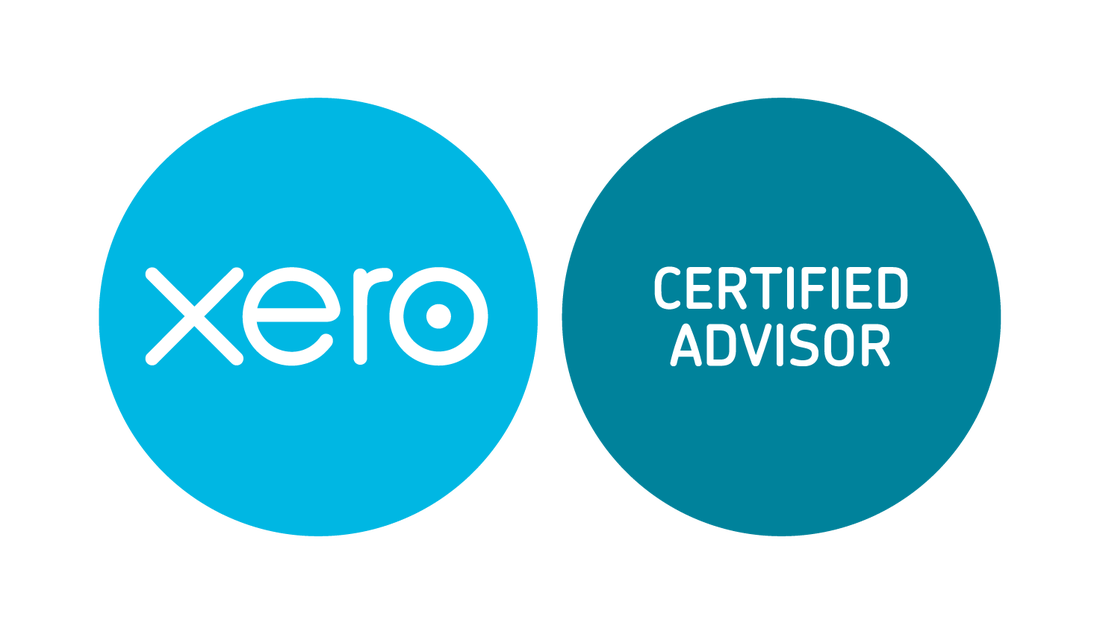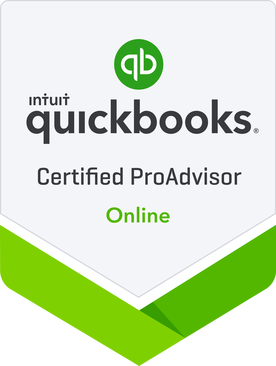IR35 advice for contractors

IR35 is legislation brought in by the Government in April 2000, to counter what HMRC class as a disguised employment.
For example
An example of disguised employment would be if a permanent employee were to leave their company on a Friday afternoon then return to work on the Monday, at the same company, doing the same job role, but as a contractor rather than a permanent employee.
The aim of the IR35 legislation is to stop people leaving full time employment and then returning to the same job immediately as a contractor working through their own Limited company, in order to reduce their tax liability and their NI payments.
IR35, what does it mean for you? If your contract has the same level of risk, responsibility, liability and control as a permanent employee,then you would be classed as inside or caught by IR35 legislation. This means you will have to pay full tax and full National Insurance (instead of the usual salary and dividends from the profits of your company) and reduced expenses i.e. you'll earn less money This is because HM Revenue and Customs believes that as you aren't taking the financial risks or have the same level of control as a director of your own limited company, you aren't entitled to the same corporate tax structure.
If you are inside/caught by IR35 is there any benefit in trading through my own limited company? If your contract and working practices look like you are inside IR35 you can still claim: traveling and accommodation expenses, 5% of your turnover, benefit from the VAT flat rate scheme saving around £2,000 a year), and receive interest on the funds held within your own company. So yes, from a financial point of view it still could be worth it. Also, any other contract work you do could also be put through your existing company.
The only way to be sure whether your contract falls inside or outside IR35 is to have a contract review via a specialist.
What kind of working practices and contractual conditions are HMRC looking for to see if you're inside or outside IR35? Below are a few hints, tips and pointers. Please be aware this is not a comprehensive list, IR35 regulations are extremely complex but the brief notes below should provide a rough indicator:
For example
An example of disguised employment would be if a permanent employee were to leave their company on a Friday afternoon then return to work on the Monday, at the same company, doing the same job role, but as a contractor rather than a permanent employee.
The aim of the IR35 legislation is to stop people leaving full time employment and then returning to the same job immediately as a contractor working through their own Limited company, in order to reduce their tax liability and their NI payments.
IR35, what does it mean for you? If your contract has the same level of risk, responsibility, liability and control as a permanent employee,then you would be classed as inside or caught by IR35 legislation. This means you will have to pay full tax and full National Insurance (instead of the usual salary and dividends from the profits of your company) and reduced expenses i.e. you'll earn less money This is because HM Revenue and Customs believes that as you aren't taking the financial risks or have the same level of control as a director of your own limited company, you aren't entitled to the same corporate tax structure.
If you are inside/caught by IR35 is there any benefit in trading through my own limited company? If your contract and working practices look like you are inside IR35 you can still claim: traveling and accommodation expenses, 5% of your turnover, benefit from the VAT flat rate scheme saving around £2,000 a year), and receive interest on the funds held within your own company. So yes, from a financial point of view it still could be worth it. Also, any other contract work you do could also be put through your existing company.
The only way to be sure whether your contract falls inside or outside IR35 is to have a contract review via a specialist.
What kind of working practices and contractual conditions are HMRC looking for to see if you're inside or outside IR35? Below are a few hints, tips and pointers. Please be aware this is not a comprehensive list, IR35 regulations are extremely complex but the brief notes below should provide a rough indicator:
- Control: Are you free to work under your own control i.e. not managed by the client?
- Financial risk: Although profit share is common place in the employed world, it is without exception in owner managed companies. Also, employees rarely risk financial loss by being employed, whereas if you buy assets such as PC's, laptops, servers, printers, office equipment or a client fails to pay you as director of your company you will most definitely experience financial loss.
- Substitution: In your contract do you have a clause about using somebody other than you to perform the task your company has been contracted to do?
- Provision of equipment: Will you be using your own equipment? Sometimes this is very difficult and allowances are made where security measures prohibit the use of say using your own laptop.
- Right of dismissal: Do you have a fixed notice period. The Revenue will argue that this is like an employee, therefore there should be provision in your contract for immediate termination should the client choose to do so.
- Employee benefits: Plainly speaking you can forget about receiving any holiday pay, sick pay, pension contributions, training courses, Christmas dinners or the annual staff summer outing.
- Please remember, HMRC don't just look at the above - they review EVERYTHING in an effort to establish if you are really an employee or a director running, managing and controlling your own limited company. It doesn't matter if you are working for the same client for one month or twenty years. It's what you're doing and your level of risk, responsibility, liability and control.


